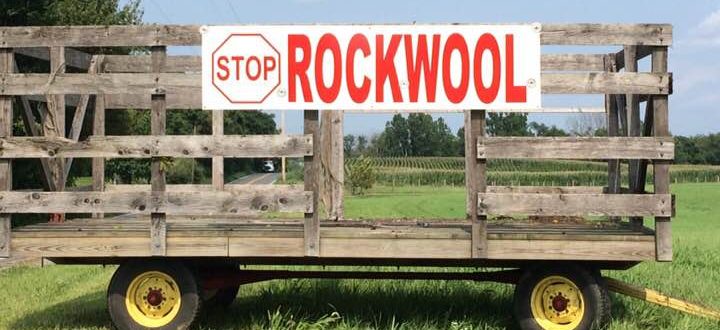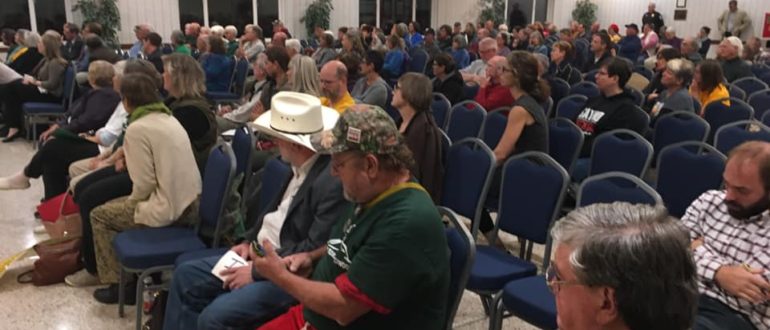Jefferson County Foundation is challenging attempts to weaken water protection for our water resources.
Control of runoff from construction sites and industrial installations is governed by the federal government under the National Pollutant Discharge Elimination System (NPDES) program. States can obtain authorization from the Environmental Protection Agency (EPA) to administer the NPDES program in their state through a process defined by the Clean Water Act (CWA). West Virginia Department of Environmental Protection (WVDEP) has this authorization. The WVDEP administers the NPDES program in West Virginia through general or statewide permits. These permits cover general operations such as construction and general industrial operations with standardized rules and requirement. These General permits must be renewed with the EPA every five years.
Individual operations and projects, such as Rockwool, must demonstrate that they are qualified to operate under these general permits. They must have registration under a general stormwater permit or an individual stormwater permit to operate.
Every five years, the general permits are revised by the WVDEP undergoes public comment, and is ultimately re-evaluated and approved by the EPA. Once the EPA has approved the Statewide Permit, then all entities wanting a storm water multi-sector permit apply to the WVDEP and are judged against and approved under the General Permit. A General Multi-Sector Stormwater Permit was approved was due to be renewed/re-applied for in 2018. This process was completed and a permit was issued by the WVDEP on September 12, 2019 and went into effect on October 12, 2019.
However, the Builders Supply Association of West Virginia argued that the permit was too onerous and would have been too burdensome on the companies and appealed this permit to the West Virginia Environmental Quality Board (EQB). The EQB is the administrative oversight entity for the WVDEP.
Jefferson County Foundation, with eight citizen co-interveners, asked to Intervene in this appeal on December 4, 2019. If our motion is accepted, this will allow us to conduct discovery prior to and participate in the evidentiary hearing. This will allow us to fight to keep the protections for our water resources in the permit.
In late December, the Builders Supply Association of West Virginia opposed our motion to intervene asking that our motion be denied. This past week, we filed a reply, arguing that their reasoning was incorrect. We are now waiting for the EQB to decide rule on our motion.
If you would like to assist in this fight and the rest of the ongoing legal fight against Rockwool please donate on our website or mail a check to Jefferson County Foundation, Inc., PO Box 460, Ranson, WV 25438



